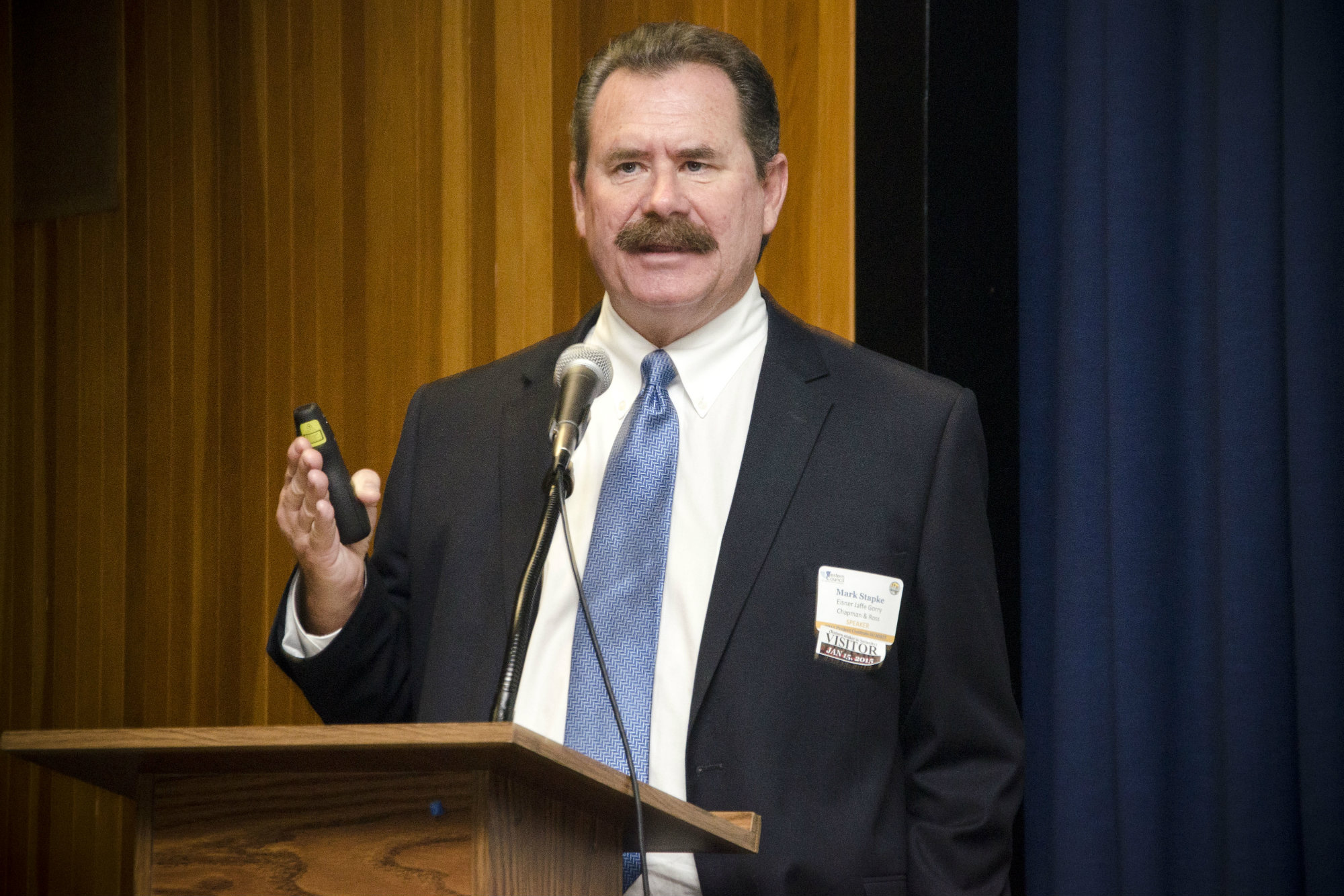As of this writing, U.S. Immigration and Customs Enforcement, or ICE, has initiated roundups of undocumented workers throughout the United States, with apparent emphasis on the Southwest. All indications suggest that ICE, a division of the Department of Homeland Security, will be charged with much more aggressive enforcement of immigration status laws in the months and years to come.
This stands to effect contracting industries significantly. One study found that 50% of construction workers in Texas were undocumented. Other border states, such as California, Arizona and New Mexico, undoubtedly are not far behind, if at all. For pool and spa contractors, having this large labor force disappear, as some in power have suggested should occur, could have huge impacts on your ability to get jobs done at a price the customer wishes to pay.
It clearly is not business as usual at ICE. New border walls and deportation enforcement are sure to be coupled with increased immigration checks of employees, particularly in labor-intensive industries such as plastering, painting and pool/spa excavation. In fact, construction and agriculture have been referred to as the “low-hanging fruit” for ICE raids.
Now more than ever, pool and spa contractors face the question of how to ensure that, when ICE comes calling, your workforce is solid — and legal.
All pool/spa contractors should be familiar with the standard I-9 immigration status form to be completed by all employees upon hiring. A recent version of the form, issued in November 2016, is now required. Prior versions are noncompliant.
You may not know as much about the free E-Verify program run by the Department of Homeland Security. It can determine in seconds whether an employee is work-qualified. The program is used by more than 350,000 employers at nearly 900,000 worksites. In 2011, it ran more than 17.4 million employer queries. It is mandatory for federal contractors, and all contractors in Alabama, Arizona, Mississippi and South Carolina. The requirement also applies to state construction contracts in Utah, Colorado, Nebraska, Minnesota, Missouri, Georgia and North Carolina.
But California has barred public entities from requiring E-Verify for private employers, although voluntary compliance by private employers is permitted and advisable for many reasons discussed here.
In states mandating E-Verify, sanctions for noncompliance can include license revocation or a ban on public contracts. Employers who hire undocumented workers may be subject to civil and criminal penalties. Civil penalties range from a minimum of $375 per unauthorized worker for a first offense, up to a maximum of $1,600 per worker for a third or subsequent offense.
If you are found to have engaged in a “pattern and practice” of hiring undocumented workers, then you can be fined up to $3,000 per employee and/or imprisoned for up to six months. In some states, you also could lose your contractor’s license.
Here’s how E-Verify works: The employer registers with the Department of Homeland Security (DHS) and signs a Memorandum of Understanding (MOU) that commits the employer to follow the rules of E-Verify. The MOU is lengthy and should be reviewed. The employer cannot participate in E-Verify until the MOU is signed and submitted.
After an employee is hired (and not before), the employer submits the newcomer’s I-9 form to E-Verify online. A response should be received within 3-5 seconds. The I-9 information plus the employee’s social security number (which is not required on the I-9) are run through several U.S. government databases, and either a “confirmation” or a “tentative nonconfirmation” of the employee’s work authorized status is sent to the employer.
A critical component of the system is that if the employer receives a tentative nonconfirmation, the employee must be referred to the Social Security Administration to contest the finding. This, per DHS, takes up to eight days to process, and the person’s employment must continue until the case is determined by SSA. Particularly when the employee’s photo or work documents are questioned, the employee must be given a chance to correct that. If, as is the case the vast majority of the time, the employee does not wish to contest the finding, then the employer can legally terminate the employee as “not work authorized.”
Additional requirements are imposed on federal contractors, which are spelled out in the MOU and should be carefully reviewed by applicable companies.
Many employers find that the E-Verify program is a much more reliable tool to protect them from a charge of hiring undocumented workers. In fact, use of the E-Verify program, according to ICE publications, creates a “rebuttable presumption” that the employees screened through the program are legal, and that the hiring company is in compliance with immigration laws. A rebuttable presumption means that, should the employer be challenged for hiring a particular person, the burden is on ICE to prove that management knew the employee was not legal at the time of hiring. In contrast, without the rebuttable presumption, the burden falls on the employer to prove that the staffer was “work qualified” when hired.
Particularly in today’s highly charged political climate, failing to verify the status of your employees is dangerous. Anyone who has experienced an ICE raid, and watched as his or her valuable employees are detained, knows that it is better to protect yourself from an unplanned drop in your workforce. While the ethics of deportation may be debated, the benefits to pool and spa contractors of compliance with the law cannot, and E-Verify provides an important tool to ensure such compliance.
While every effort has been made to ensure the accuracy of this publication, it is not intended to provide legal advice, as individual situations will differ and should be discussed with a lawyer in your jurisdiction.




